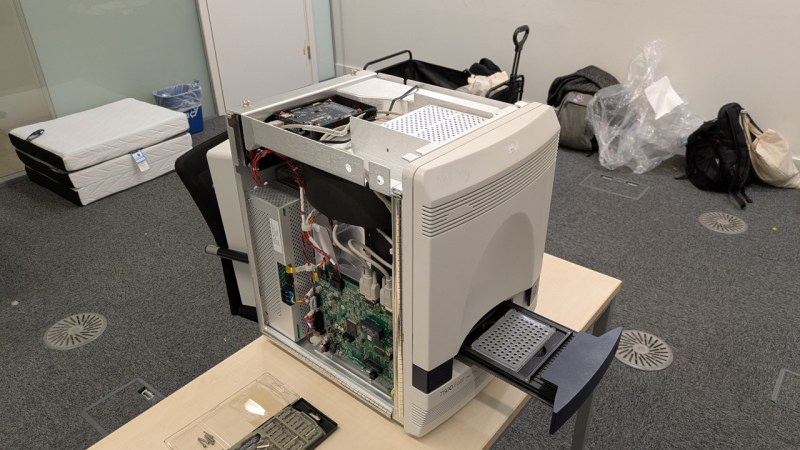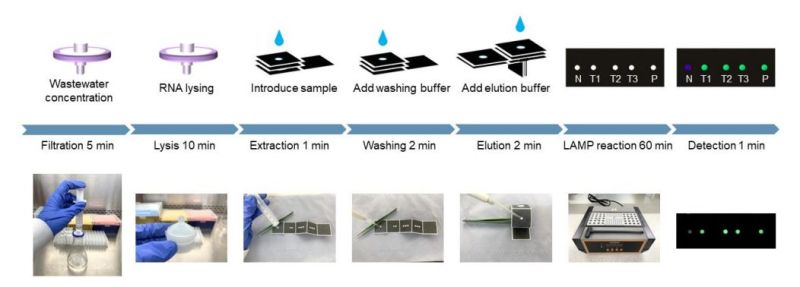OSM stands for Oligonucleotide Synthesizer designed for use in Microgravity, meaning that it’s a device that makes arbitrary DNA strands (of moderate length) in space. Cool eh? I’ve been working on this project for the last eight months with a wonderful team of fellow hackers as part of the Stanford Student Space Initiative, and I’d like to share what we’re doing, what we’ve already done, and where we’re going.
Why space? Well, first of all, space is cool. But more seriously, access to arbitrary DNA in space could accelerate research in a plethora of fields, and the ability …read more
 Continue reading OSM (Pronounced Awesome) Hardware Makes DNA in Space→
Continue reading OSM (Pronounced Awesome) Hardware Makes DNA in Space→

